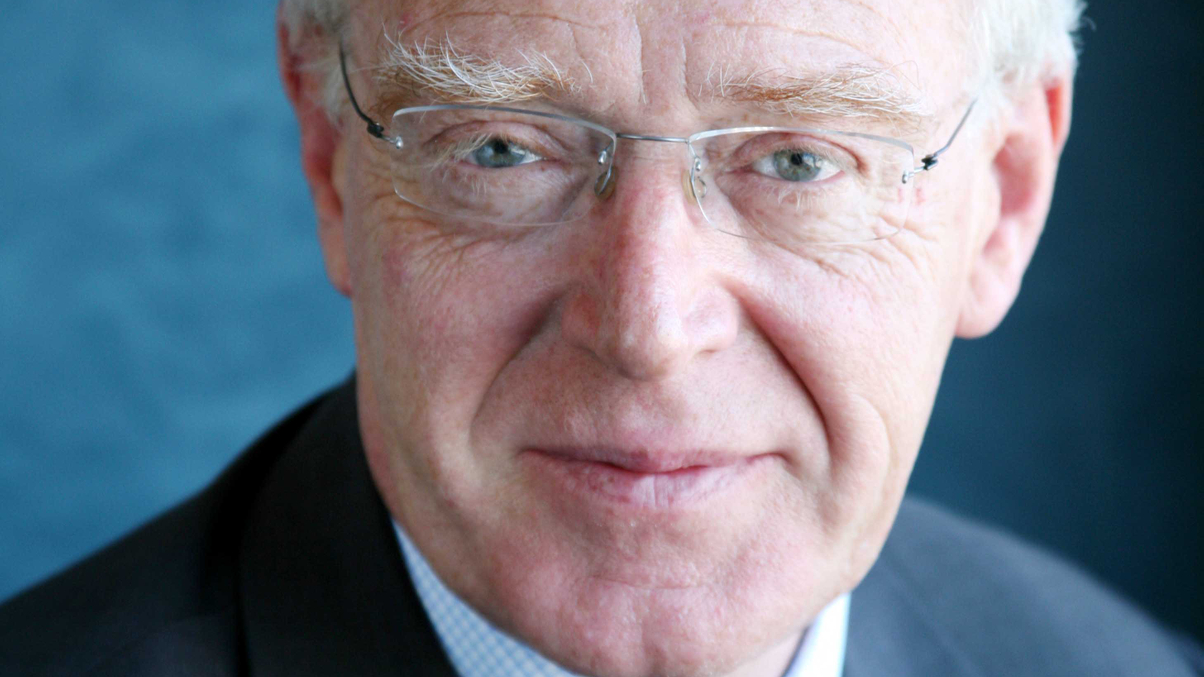November threat to equity rebound, says Parker at Credit Suisse
Credit Suisse's senior asset-allocation adviser expects global equity markets to recover over the next few months, but worries that US politics could set them back again.

Western economies should avoid slipping into recession -- provided that politicians in America don't create another crisis in November as a congressional committee wrangles over debt reduction plans, says Robert Parker, senior adviser at Credit Suisse in London.
Sign in to read on!
Registered users get 2 free articles in 30 days.
Subscribers have full unlimited access to AsianInvestor
Not signed up? New users get 2 free articles per month, plus a 7-day unlimited free trial.
¬ Haymarket Media Limited. All rights reserved.


